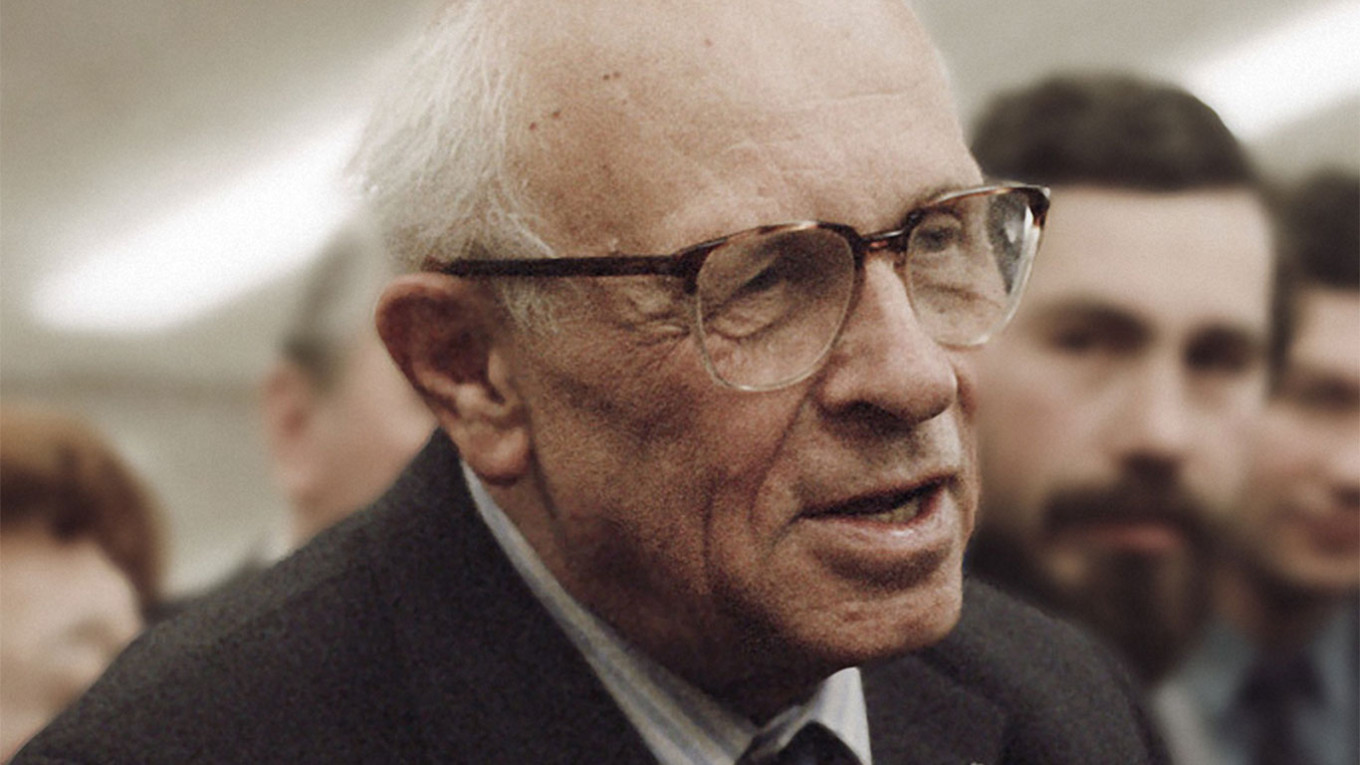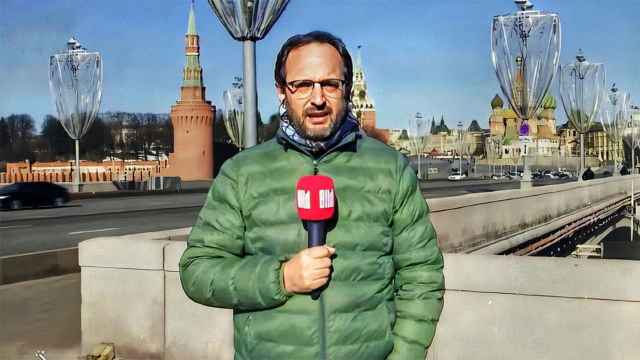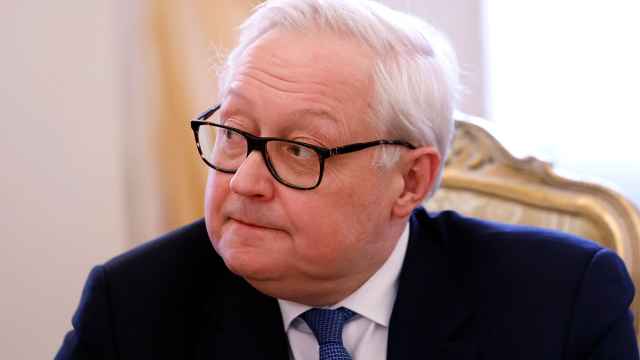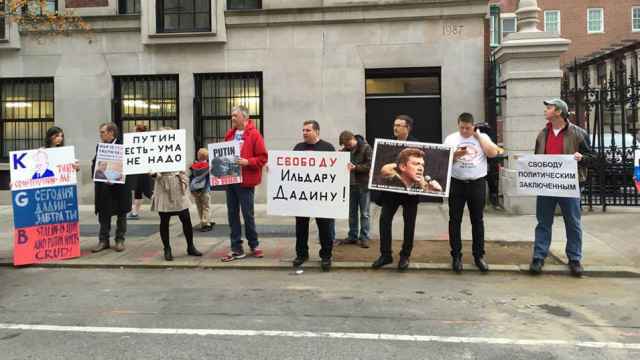Russian prosecutors on Monday declared as “undesirable” the U.S.-based foundation that preserves the legacy of Nobel Peace Prize winner Andrei Sakharov as Moscow continues to crack down on dissent in the wake of Russia's invasion of Ukraine.
The activities of the Andrei Sakharov Foundation (ASF) “constitute a threat to the foundation of Russia’s constitutional order and security,” the Prosecutor General’s Office said in a statement.
Under Russian law, individuals believed to have cooperated with an “undesirable” international NGO face steep fines and jail terms.
ASF, based in Springfield, Virginia outside Washington, says its goal is to promote Sakharov’s works to "support peace efforts and anti-war events."
The organization chaired by mathematician Alexei Semyonov has not yet commented on Russia's latest designation.
Russian authorities have declared more than 70 organizations — including media outlets focused on exposing fraud and corruption in Russia — “undesirable” between mid-2015 and early 2023.
Sakharov, once feted as a hero of the Soviet defense industry for his role in developing the Soviet nuclear bomb, became one of the U.S.S.R.’s most prominent dissidents from the late 1960s.
He received the Nobel Peace Prize in 1975 for his work against the nuclear arms race he had helped precipitate, though he was not permitted to leave the Soviet Union to accept the award.
Sakharov became one of the most distinctive personalities of the perestroika era, rising to the status of a national moral authority.
Arrested in 1980 after denouncing the Soviet war in Afghanistan, Sakharov was sent into internal exile in the city of Nizhny Novgorod, then closed to foreigners.
After six years in exile, during which he undertook several hunger strikes, Sakharov was released over a telephone call by reformist Soviet leader Mikhail Gorbachev.
A Message from The Moscow Times:
Dear readers,
We are facing unprecedented challenges. Russia's Prosecutor General's Office has designated The Moscow Times as an "undesirable" organization, criminalizing our work and putting our staff at risk of prosecution. This follows our earlier unjust labeling as a "foreign agent."
These actions are direct attempts to silence independent journalism in Russia. The authorities claim our work "discredits the decisions of the Russian leadership." We see things differently: we strive to provide accurate, unbiased reporting on Russia.
We, the journalists of The Moscow Times, refuse to be silenced. But to continue our work, we need your help.
Your support, no matter how small, makes a world of difference. If you can, please support us monthly starting from just $2. It's quick to set up, and every contribution makes a significant impact.
By supporting The Moscow Times, you're defending open, independent journalism in the face of repression. Thank you for standing with us.
Remind me later.






